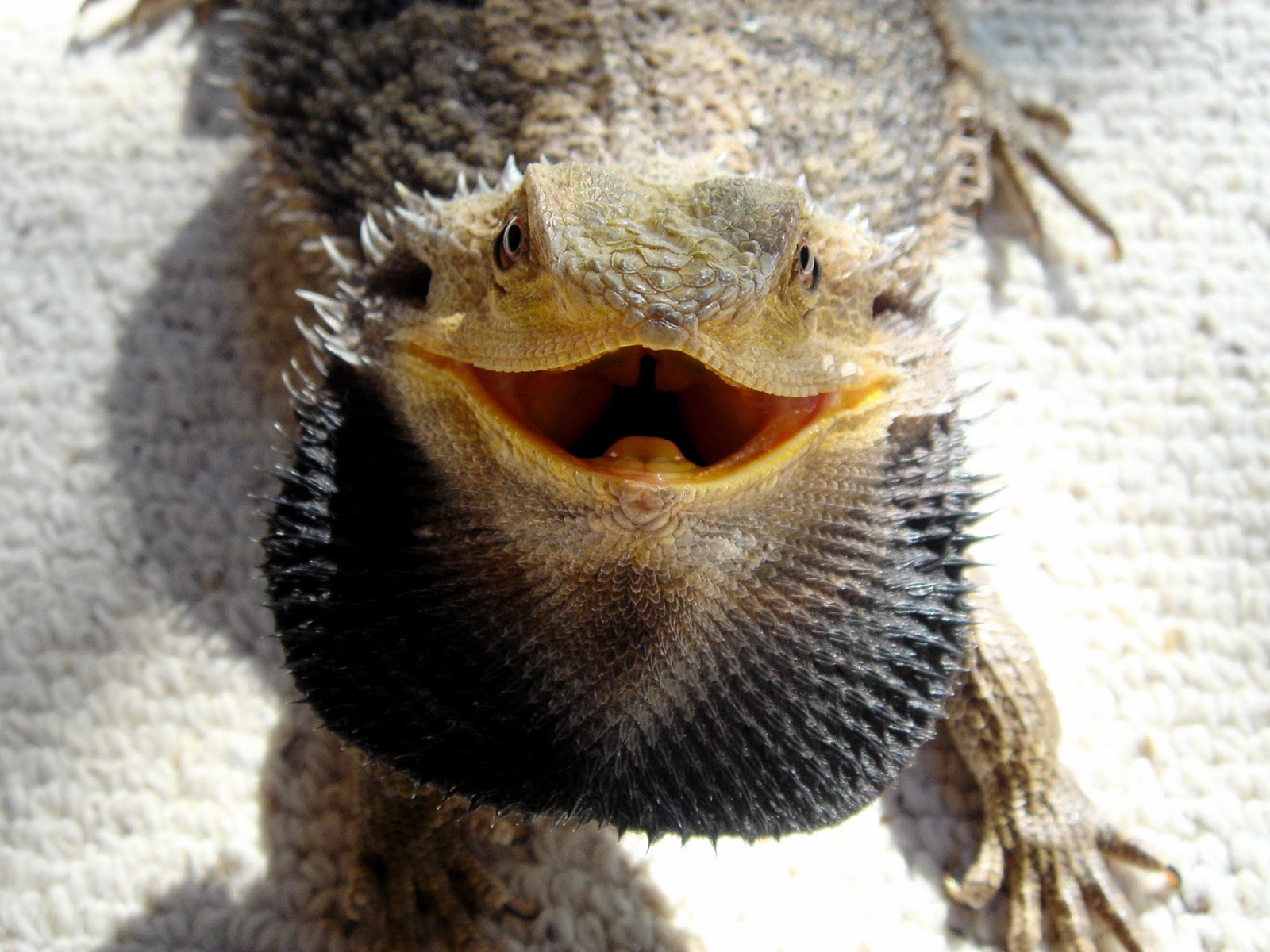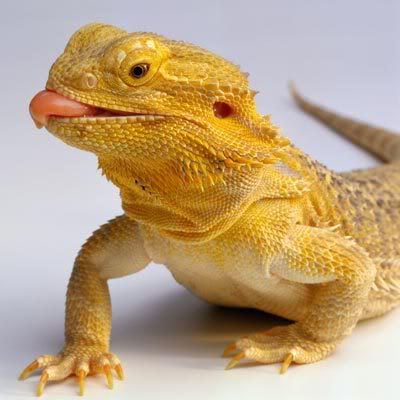10 Easy Ways to Get Your Bearded Dragon to Poop
Introduction
Bearded dragons are popular pets due to their docile nature and low maintenance. However, one of the biggest concerns for bearded dragon owners is their tendency to have bowel problems. If your bearded dragon is not pooping regularly, you need to take immediate action to ensure their health.
Why is Pooping Important for Bearded Dragons?
Bearded dragons require regular bowel movements to stay healthy. If they are not pooping regularly, it can lead to several health issues such as impaction, which is a blockage that prevents the bowel movements from occurring. This can be fatal if it’s not treated immediately.
How Often Should Bearded Dragons Poop?
Bearded dragons should poop every day or two. However, it is not uncommon for them to go without pooping for up to seven days. If your bearded dragon has not pooped in more than seven days, you should immediately take them to a veterinarian for treatment.
10 Easy Ways to Get Your Bearded Dragon to Poop
1. Increase the Temperature
Bearded dragons require a specific temperature range to digest their food properly. If the temperature is too low, it can slow down the digestion process, leading to bowel problems. Make sure to keep the temperature in their habitat between 95 and 105 degrees Fahrenheit during the day and around 75 degrees Fahrenheit at night.

2. Provide Fresh Water
Bearded dragons require access to fresh, clean water. Make sure to change their water every day and clean their water dish regularly. Dehydration can lead to bowel problems, so make sure your pet is drinking enough water.

3. Give Them a Warm Bath
Giving your bearded dragon a warm bath can help them relax and stimulate bowel movements. Fill a shallow tub with warm water and place your bearded dragon in it. Make sure the water level reaches its belly. Gently massage the belly area to encourage bowel movements. Do this for 10-15 minutes, once a day.

4. Feed Them Foods High in Fiber
Foods high in fiber can help stimulate bowel movements. Some good options for bearded dragons include collard greens, carrots, squash, and apples. Make sure to feed these foods in moderation and avoid giving your pet food high in oxalates, such as spinach, which can cause kidney problems.
5. Limit the Amount of Insects They Eat
Insects are a staple of a bearded dragon’s diet, but feeding them too many can lead to bowel problems. Limit the amount of insects you feed your pet to 10-20% of their diet. You can also feed them insects high in fiber, such as crickets and mealworms.

6. Create a Routine
Bearded dragons thrive on routine. Create a feeding and bathing schedule for your pet and stick to it. This can help regulate their bowel movements and prevent constipation.

7. Provide a Proper Habitat
Bearded dragons require a proper habitat to stay healthy. Make sure to provide a suitable vivarium with adequate lighting, heating, and substrate. A proper habitat can help your pet feel comfortable and stimulate bowel movements.

8. Massage Their Belly
Gently massaging the belly area can help stimulate bowel movements. Place your bearded dragon on a towel and gently massage its belly in a circular motion. Be careful not to apply too much pressure, as this can cause discomfort or injury.
9. Use a Lubricant
If your bearded dragon is constipated, you can use a lubricant such as mineral oil to help them pass stool. Rub a small amount of the oil on their belly and gently massage the area. This should help loosen up any blockage.
10. Visit a Veterinarian
If your bearded dragon is not pooping despite your best efforts, it’s time to visit a veterinarian. A vet can perform a physical exam and suggest treatment options such as enemas or laxatives. They can also check for any underlying health issues that may be causing the bowel problems.

Conclusion
Getting your bearded dragon to poop regularly is essential for their health. By following the tips outlined in this article, you can help stimulate bowel movements and prevent constipation. If your pet is still having bowel problems despite your best efforts, make sure to visit a veterinarian for treatment.
